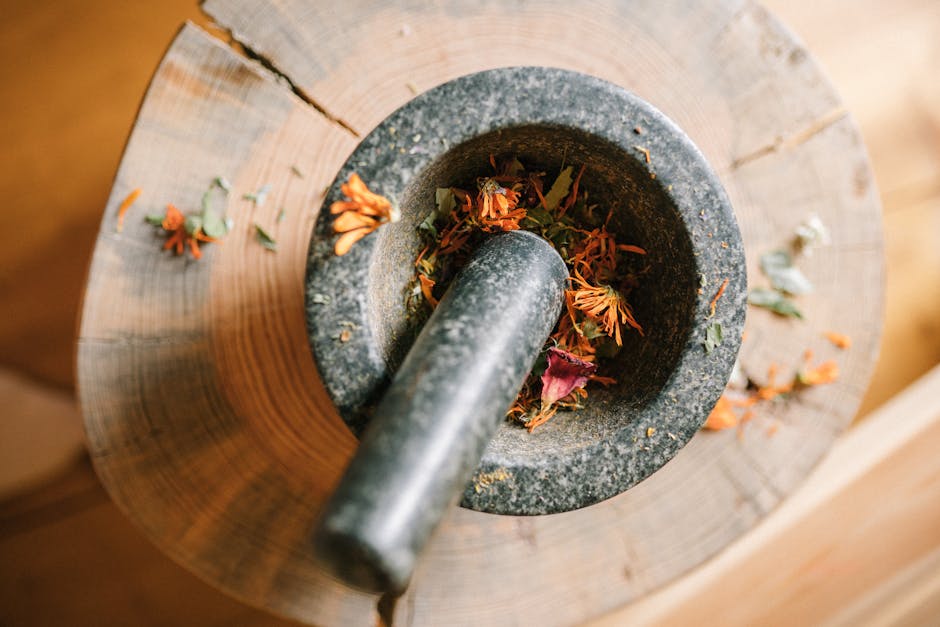Breathe Easy: Natural Ways to Boost Lung Health
Our lungs, the unsung heroes of our bodies, tirelessly work to bring in the oxygen we need to survive and expel the carbon dioxide waste. Maintaining optimal lung health is crucial for overall well-being, impacting everything from our energy levels to our resistance to disease. While medical interventions are sometimes necessary, incorporating natural strategies can significantly enhance lung function and protect against respiratory ailments. Here’s a deep dive into effective, natural methods to breathe easier and fortify your pulmonary system.
Dietary Powerhouses for Lung Health
The food we consume plays a critical role in the health of our lungs. Certain nutrients provide powerful support for respiratory function, reducing inflammation and promoting healthy airways.
-
Antioxidant-Rich Foods: Free radicals, unstable molecules, can damage lung cells. Antioxidants combat these harmful invaders. Load up on vibrant fruits and vegetables like berries (blueberries, strawberries, raspberries), spinach, kale, broccoli, and bell peppers. These foods are packed with vitamins C and E, powerful antioxidants that protect lung tissue.
-
Omega-3 Fatty Acids: Found abundantly in fatty fish (salmon, mackerel, sardines), flaxseeds, and chia seeds, omega-3 fatty acids reduce inflammation throughout the body, including the lungs. Chronic inflammation is a key factor in respiratory conditions like asthma and chronic obstructive pulmonary disease (COPD).
-
Garlic and Onions: These pungent vegetables contain allicin, a compound with potent anti-inflammatory and antimicrobial properties. Allicin can help clear airways, reduce mucus buildup, and fight off infections.
-
Turmeric: This golden spice boasts curcumin, a powerful antioxidant and anti-inflammatory agent. Curcumin may help protect against lung damage and improve breathing in individuals with respiratory conditions. Incorporate turmeric into your diet through curries, smoothies, or turmeric tea.
-
Hydration is Key: Staying well-hydrated is paramount for healthy lung function. Water thins mucus, making it easier to clear from the airways. Aim for at least eight glasses of water daily, and adjust your intake based on activity levels and climate.
Breathing Exercises for Enhanced Respiratory Capacity
Like any muscle, the lungs benefit from regular exercise. Breathing exercises can strengthen the respiratory muscles, increase lung capacity, and improve overall breathing efficiency.
-
Diaphragmatic Breathing (Belly Breathing): This technique involves using the diaphragm, the primary muscle of respiration. Lie on your back with your knees bent. Place one hand on your chest and the other on your abdomen. Inhale slowly and deeply through your nose, feeling your abdomen rise. Exhale slowly through your mouth, feeling your abdomen fall. Repeat this several times. This helps strengthen the diaphragm, leading to deeper and more efficient breaths.
-
Pursed-Lip Breathing: This technique helps slow down breathing and keeps airways open longer, allowing for better oxygen exchange. Inhale slowly through your nose, then exhale slowly through pursed lips as if you are whistling. This helps to control the rate and depth of your breathing.
-
Yoga and Pilates: These practices incorporate deep breathing exercises that strengthen respiratory muscles, improve posture (which aids lung expansion), and promote relaxation, reducing stress that can exacerbate respiratory symptoms.
Air Quality and Environmental Considerations
The air we breathe directly impacts our lung health. Protecting ourselves from pollutants and irritants is crucial.
-
Avoid Smoking and Secondhand Smoke: Smoking is the single biggest risk factor for lung disease. Quitting smoking is the most important step you can take to improve your lung health. Avoiding secondhand smoke is equally vital.
-
Indoor Air Quality: Indoor air can be significantly polluted due to dust, mold, allergens, and volatile organic compounds (VOCs) from cleaning products and building materials. Regularly clean your home, using natural cleaning products whenever possible. Consider using an air purifier with a HEPA filter to remove pollutants. Ensure proper ventilation to circulate fresh air.
-
Outdoor Air Quality: Monitor air quality reports in your area, particularly during periods of high pollution or smog. Avoid strenuous outdoor activities when air quality is poor. Wear a mask if necessary.
-
Minimize Exposure to Irritants: Avoid or minimize exposure to irritants like dust, fumes, and strong chemicals. This includes occupational hazards such as working with chemicals.
Herbal Remedies and Supplements
Certain herbs and supplements can support lung health. Always consult with a healthcare professional before starting any new supplements.
-
Mullein: This herb has a long history of use for respiratory ailments. It helps soothe irritated airways, reduce cough, and promote mucus clearance.
-
Eucalyptus: Eucalyptus oil is a decongestant and expectorant. Inhaling eucalyptus steam can help clear congested airways.
-
N-Acetyl Cysteine (NAC): This supplement is a precursor to glutathione, a powerful antioxidant. NAC helps thin mucus and has shown potential benefits for individuals with COPD.
-
Vitamin D: Vitamin D plays a role in immune function and may help protect against respiratory infections. Ensure adequate vitamin D levels through sunlight exposure, diet, or supplementation.
Regular Physical Activity
Exercise strengthens the respiratory muscles, increases lung capacity, and improves overall cardiovascular health, which indirectly benefits the lungs. Engage in regular physical activity that you enjoy, such as walking, swimming, running, or cycling. Aim for at least 150 minutes of moderate-intensity exercise or 75 minutes of vigorous-intensity exercise per week, alongside strength training.
Prioritize Sleep and Manage Stress
Adequate sleep is essential for overall health, including lung function. Sleep deprivation can weaken the immune system and worsen respiratory symptoms. Aim for 7-9 hours of quality sleep each night. Chronic stress can trigger or exacerbate respiratory problems. Incorporate stress-reducing techniques like meditation, yoga, or spending time in nature into your daily routine.
By incorporating these natural strategies into your lifestyle, you can significantly enhance your lung health, breathe easier, and improve your overall well-being. Remember that consistency is key. Make these practices a regular part of your routine to reap the long-term benefits. Consult with your healthcare provider for personalized advice and guidance.











